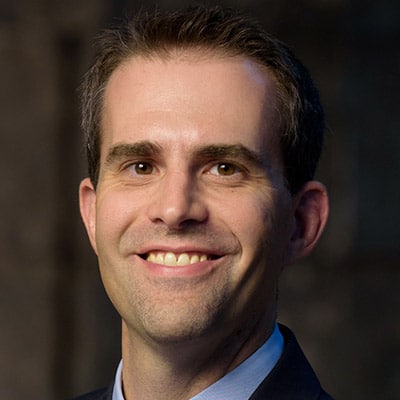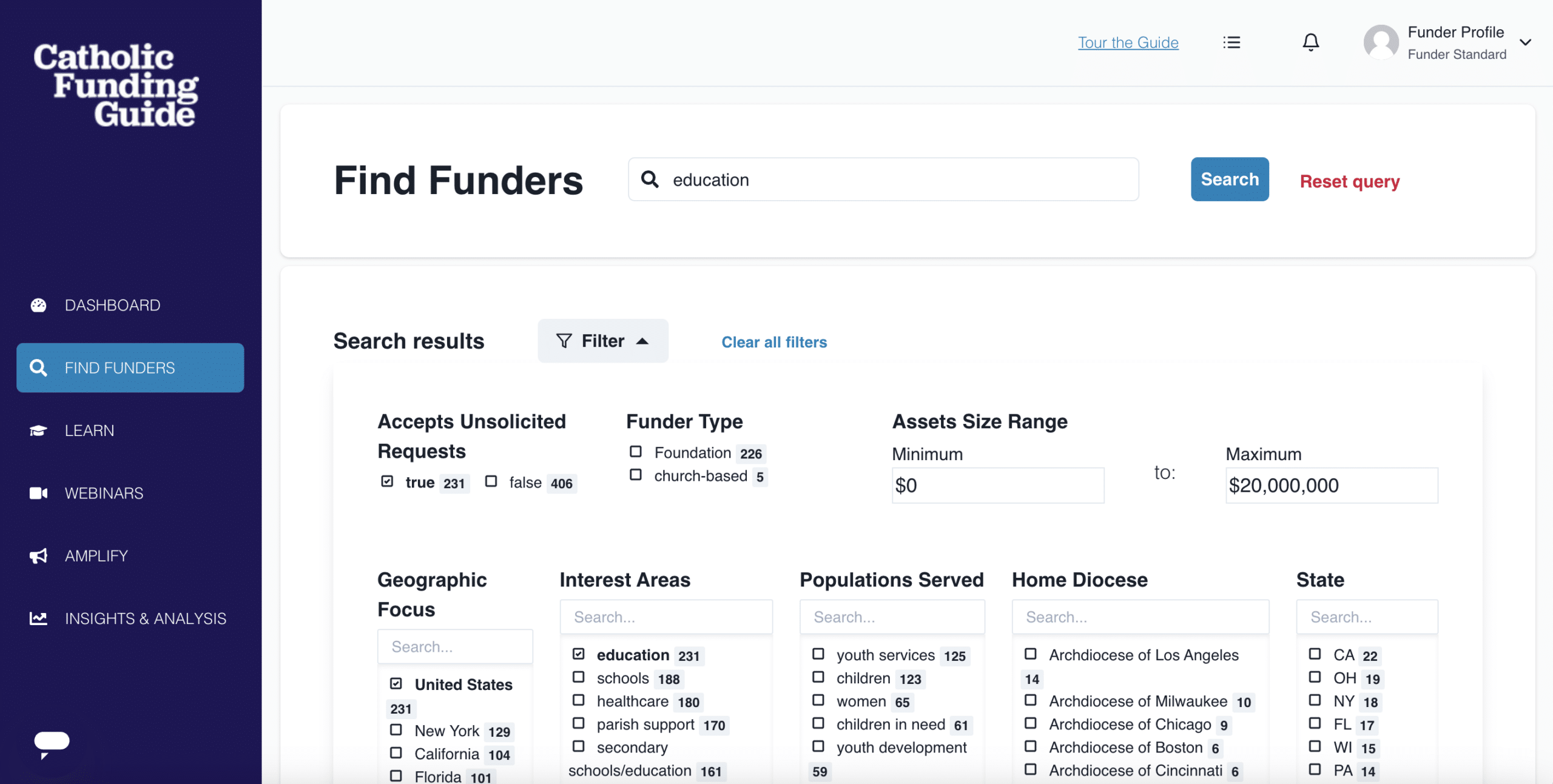Editor’s note: A newly released book, Crisis and Care: Meditations on Faith and Philanthropy, provides an opportunity for individuals in the faith-based sector to reflect on the present moment in history and contemplate the uncertainties that lie ahead. Authors Dustin D. Benac and Erin Weber-Johnson remind us of the “people of Israel in Joshua 4, tasked to pick up stones as they cross the Jordan into the unknown future” and offer consideration for the stones that will be needed to cross over the challenges of the past to journey into a hope-filled future.
The following reflection originally appeared in the July 13, 2021 issue of the Insights newsletter from the Lake Institute on Faith & Giving, and was contributed by the Institute’s David P. King, PhD, Karen Lake Buttrey Director.
There is little doubt that we are undergoing significant shifts in the ways we form and fund our life together. Research shows that patterns of philanthropic participation are changing across all types of groups and organizations. We see fewer households engaged in giving, some give much more, while others continue to contribute through long established religious and cultural traditions.
The religious landscape is changing too, with some congregations struggling to sustain members and budgets while others are growing. And these were the trends in place before the multiple social and economic crises we have faced over this past year!
The changes in faith and giving may be linked. Lower religious affiliation and activity may lead to less charitable giving and community engagement. At the same time, leaders in both faith and philanthropy are experimenting with new approaches to gathering, giving, and serving. Both philanthropic and faith leaders are grappling, each in their own ways, with questions of money and meaning. They hunger to think and talk more deeply about their fundamental purposes, in order to imagine a flourishing future for their communities. Yet the kinds of conversations that could help leaders attend to these foundational questions of purpose are not often happening, or not happening well. A first step, I believe, is embracing an openness to new questions, approaches, and tools to address the adaptive challenges our institutions are now facing. As Dustin and Erin so rightly acknowledge, we must make space for the imagination, experimentation, and inevitable tension that serve as the nutrients feeding a culture of generosity.
As we attend to this philanthropic imagination, the power of language becomes vital. Our many faith traditions give us deep wells to draw from. Yet, in relying on a limited imagination and a return to the same metaphors time and again, we can sometimes inadvertently abstract and sentimentalize faith and giving, resulting in a domesticated theology that has extracted any real sense of money-talk from our faith communities individually and institutionally. In so doing, we are depriving ourselves of some of the greatest assets from within our faith traditions in order to make our case, to consider our organization’s future, as well as to explore new innovative practices and partners in working for a common purpose. At the same time, relying on stewardship sentimentality and abstract money-talk also limits leaders’ abilities to confront issues of justice in our world where business practices, questions of privilege, and social ethics are completely wrapped up in economic issues.
“…relying on stewardship sentimentality and abstract money-talk… limits leaders’ abilities to confront issues of justice in our world…”
David P. King, PhD – Lake Institute on Faith & Giving Director
It takes courage to cross over into an unknown future, but the stones that we carry with us are sufficient enough to sustain us as well as challenge us to live into a renewed philanthropic imagination that may guide our work in the days ahead.




